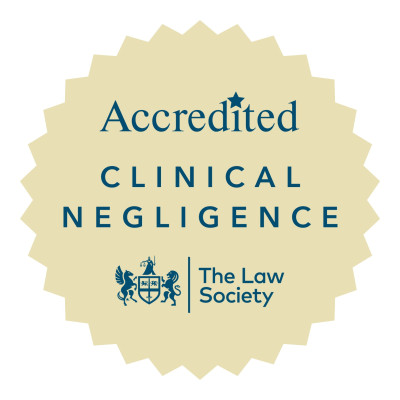CLOSE SEARCH

Delays in medical treatment or diagnosis can have serious consequences, sometimes making conditions harder to treat, reducing life expectancy, or causing permanent injury. We help clients whose health has been affected by delayed care, ensuring they receive the compensation and support they need.
Medical negligence due to delay can occur in many ways, including:
Delayed diagnosis – conditions such as cancer, heart disease, or stroke not identified promptly.
Late referral – GPs or specialists failing to refer patients for urgent investigations.
Postponed treatment – surgery, chemotherapy, or other interventions delayed beyond what is clinically acceptable.
Failure to act on test results – abnormal blood tests, scans, or imaging not followed up in time.
Emergency care delays – waiting times or mismanagement in A&E that worsen outcomes.
At Taylor Rose, our dedicated Medical Negligence team has extensive experience handling a wide range of complex medical claims, many of which we handle on a no win, no fee basis.
We understand how distressing these claims can be, and we pride ourselves on approaching each one with care, compassion, and sensitivity.
Our experienced lawyers are supported by a strong network of resources and expert connections.
Many of our team are accredited by AvMA (Action Against Medical Accidents), the charity for patient safety and justice or the Law Society’s specialist medical negligence panel.
Claims for delayed medical care may be made against:
NHS Trusts.
Private Hospitals, Clinicians and Clinics – for delayed procedures or diagnosis in private care.
GPs or community healthcare providers
The impact of delays in care can be severe:
Worsened prognosis.
Permanent injury or disability
Reduced life expectancy
Emotional and psychological effects
Financial Key Challenges in Delay-Related Claims
The most critical aspect is showing that the delay directly caused harm or worsened the condition.
Expert medical evidence is usually required to demonstrate that earlier treatment would have materially improved the outcome.
Delay-related claims often involve reviewing multiple sets of medical records, referral letters, and test results to establish the timeline and breach of duty.
Claims against the NHS follow specific protocols under clinical negligence law, whereas private care claims may involve different procedures and contractual considerations.
Generally, you have 3 years from the date of the negligent delay, or from when you first became aware that it caused harm, to start a claim.
For children, the 3-year period starts at 18 years of age.
For those lacking mental capacity, no limitation applies until capacity is regained.
If a patient has died, the estate or dependants will have 3 years from the date of death or knowledge of negligence.
If you or a loved one has suffered harm due to delayed medical treatment or diagnosis, our experienced medical negligence solicitors are here to help. Contact us for a free, confidential consultation to understand your options and pursue the compensation you deserve.




-400.jpg)
Telephone -
9am to 5pm

Partner & Head of Medical Negligence Department
Lauren heads up our Medical Negligence Department and has a wealth of experience in this area having specialised in medical negligence since qualification in 2004.She started her career working at two of the leading medical negligence firms in L......Call the Taylor Rose team or fill out the form below and we will get back to you as soon as possible.
Telephone opening hours -
9am to 5pm